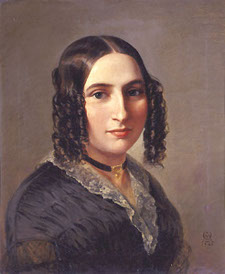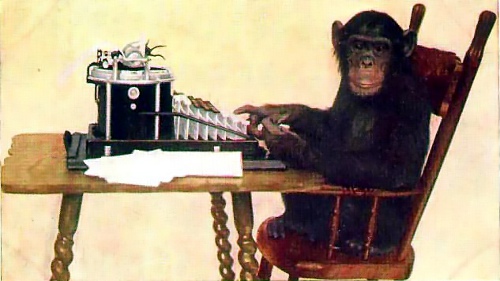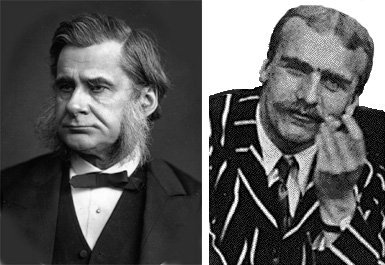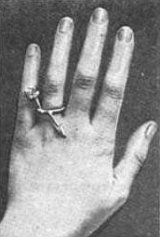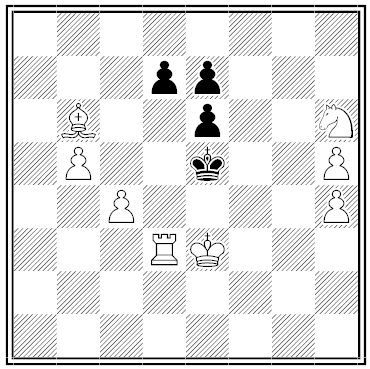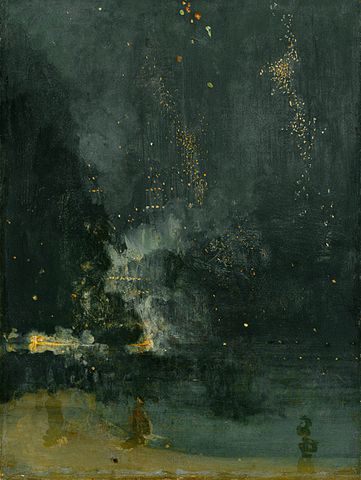
In 1877 James McNeill Whistler sued John Ruskin for panning his painting Nocturne in Black and Gold. “I have seen, and heard, much of Cockney impudence before now,” Ruskin had written, “but never expected to hear a coxcomb ask two hundred guineas for flinging a pot of paint in the public’s face.” The trial saw this exchange between Whistler and Ruskin’s attorney, Sir John Holker:
Holker: Did it take you much time to paint the Nocturne in Black and Gold? How soon did you knock it off?
Whistler: Oh, I “knock one off” possibly in a couple of days — one day to do the work and another to finish it.
Holker: The labour of two days is that for which you ask two hundred guineas?
Whistler: No, I ask it for the knowledge I have gained in the work of a lifetime.
Whistler won.
Similar: When Henry Ford’s engineers were unable to solve a problem with a huge new generator, he called Charles Steinmetz. Steinmetz listened to the generator for two days, made some calculations, mounted a ladder, and drew a chalk mark on its side. If the engineers would remove 16 windings from the field coil at that location, he said, the generator would work perfectly. He was right.
Afterward, Ford received a bill for $10,000. When he respectfully asked for an itemization, Steinmetz sent this:
Making chalk mark on generator: $1
Knowing where to make mark: $9,999
Total due: $10,000


